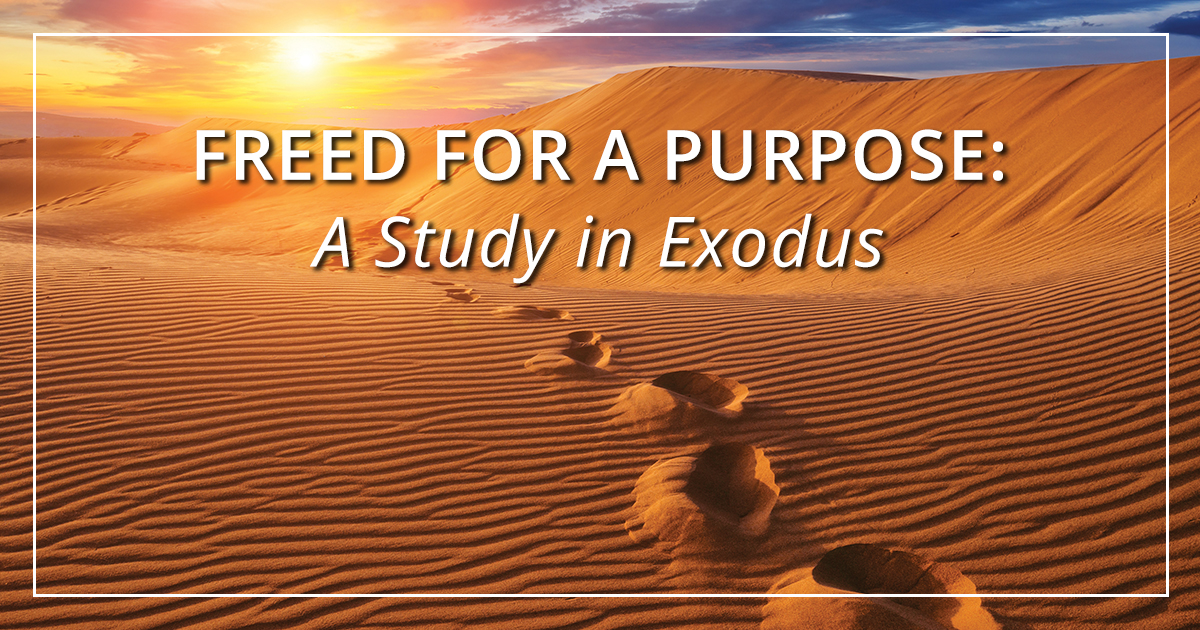

Crossing the Red Sea
- October 11, 2019 | Exodus 13:17–14:31
In art, literature, and music, African Americans have often made reference to the Exodus narrative, comparing it to their own pursuit of freedom. In the folktale, “The People Could Fly,” for example, the story is told that Africans used to be able to fly but during slavery had forgotten how. An old man appears in a field one day, and by speaking ancient words causes the people to remember their power. They take off, flying high above the helpless overseer and his whip, joyfully escaping to a new and better life.
The joy of newfound freedom was certainly evident when the Israelites escaped through the Red Sea. After centuries of bondage, the people of Israel were free. God had worked wonders and humbled one of the superpowers of the ancient world. Egypt was down and out. Or at least they thought so!
But in a shocking turnabout, Pharaoh once again changed his mind and sent his army in pursuit. That moment was no surprise to God (14:3–4). The Israelites, trapped against the shore, didn’t exactly rise to the occasion. They complained, “Was it because there were no graves in Egypt that you brought us to the desert to die?” (14:11). He responded, “Do not be afraid. Stand firm and you will see the deliverance the Lord will bring you today” (14:13). The pillar of cloud and fire, signifying God’s presence, was guiding them in a protective position in the rear.
Miraculously, the Red Sea parted. The Israelites walked through on dry ground, with walls of water rising to their left and right (14:29). In one last burst of delusion, Pharaoh’s army followed them and perished. “When the Israelites saw the mighty hand of the Lord displayed against the Egyptians, the people feared the Lord and put their trust in him and in Moses his servant” (14:31).
Pray with Us
Knowledgeable, godly professors are essential for the education of our students—and we are proud of the faculty God has led to Moody. Will you thank God today for our Communications faculty: Kelli Worrall, Jill White, Matthew Moore, and Karyn Hecht?






